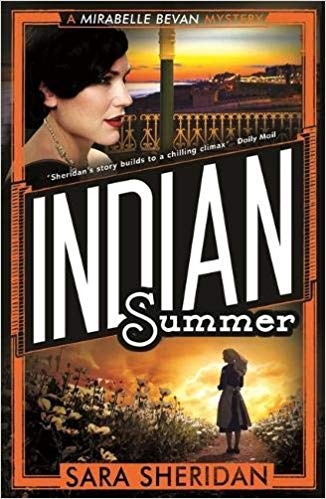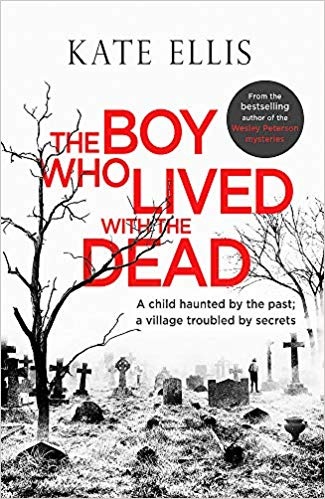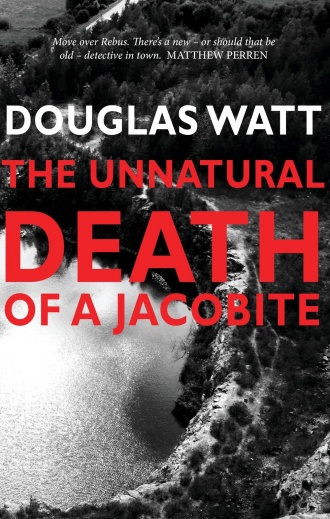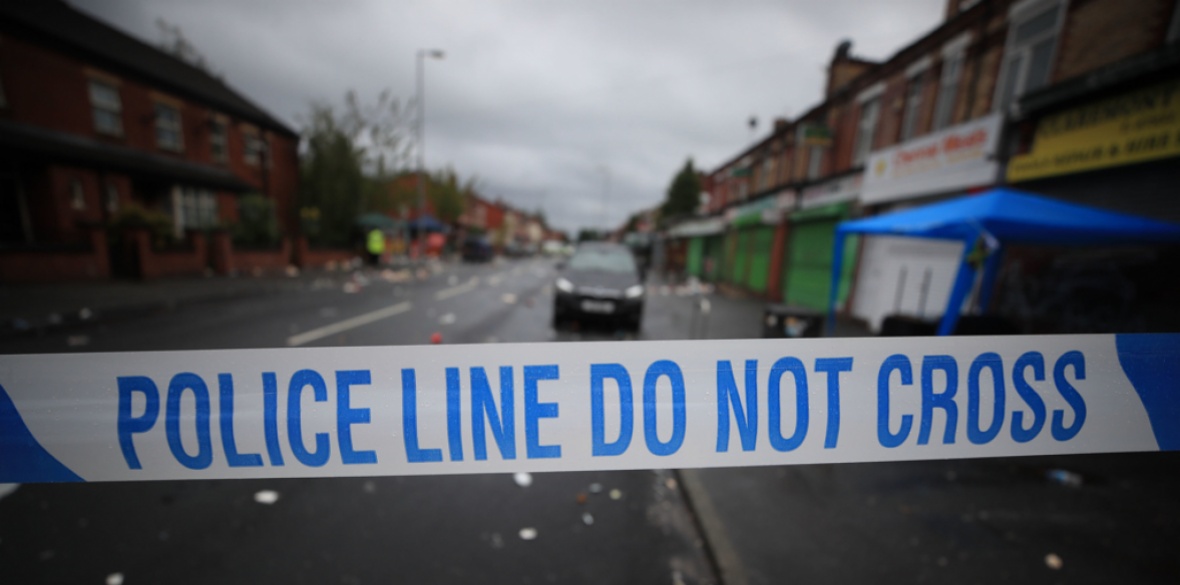This is the last article you can read this month
You can read more article this month
You can read more articles this month
Sorry your limit is up for this month
Reset on:
Please help support the Morning Star by subscribing here
INDIAN SUMMER by Sara Sheridan (Constable, £8.99) continues the adventures of Brighton-based debt collector and amateur detective Mirabelle Bevan.

It’s now 1957 and Bevan, like so many, still misses the straightforward sense of purpose she knew during the war years, especially at a time when the previous generation’s struggle towards sexual equality seems to be paused.
Drinking too much, ending one unhappy love affair and beginning another, she is happy to be distracted by the death of a priest at a local convalescent home for tubercular children.
In this impressive series of traditional-style mysteries which explore post-war social change, it’s no surprise that the murder is connected to a police-protected brothel and to an impending crisis in Brighton’s gangland.
In 2011, veteran BBC radio reporter William Carver is covering Tahrir Square in Cairo, a key battlefield of the so-called Arab spring and in A Single Source by Peter Hanington (Two Roads, £14.99) he discovers the extreme efforts the British government is willing to go to in order to protect one of its most valued arms markets.

Carver knows that he’s bagged a great exclusive — if he can only stand it up without getting killed — in what’s a highly readable conspiracy thriller by an author with many years of radio experience.
The one thing that rings false is the idea of Radio 4’s Today programme employing an investigative journalist or standing up to political pressure.
For years, Today has been little more than a klatch, where Establishment spokesmen enjoy banter with presenters they clearly view as colleagues, not antagonists. Anyone from outside the gilded bubble is bullied, sneered at and misrepresented.
Meanwhile, back in 1920 and a village near Manchester, Kate Ellis’s The Boy Who Lived With the Dead (Piatkus, £8.99) explores the post-WWI class tensions conspicuous in a population divided between working-class locals and the “Cottontots,” prosperous incomers looking for cleaner air a few miles outside the city where they make their money.

DI Albert Lincoln is called in from Scotland Yard when a woman is found murdered in a cemetery. He knows the village only too well — it was the site of a case which still haunts him, in which he failed to find the killer of a local boy.
Ellis writes what might be called “proper” historical crime novels, dealing with offences and emotions which belong firmly to their own time and place.
A commission to investigate the murder of an unpopular young lawyer offers Edinburgh advocate John MacKenzie a welcome diversion from a depressing political scene in The Unnatural Death Of A Jacobite by Douglas Watt (Luath Press, £8.99).

It’s 1689 and civil war has broken out afresh in Scotland, as reactionaries attempt to restore James Stuart to the throne and overturn the Glorious Revolution.
Reluctant Jacobite MacKenzie considers James the legal king while recognising that his reign was disastrous.
His investigations reveal the nexus between the political and criminal underworlds, in a whodunnit satisfyingly rich in unfamiliar period detail.











